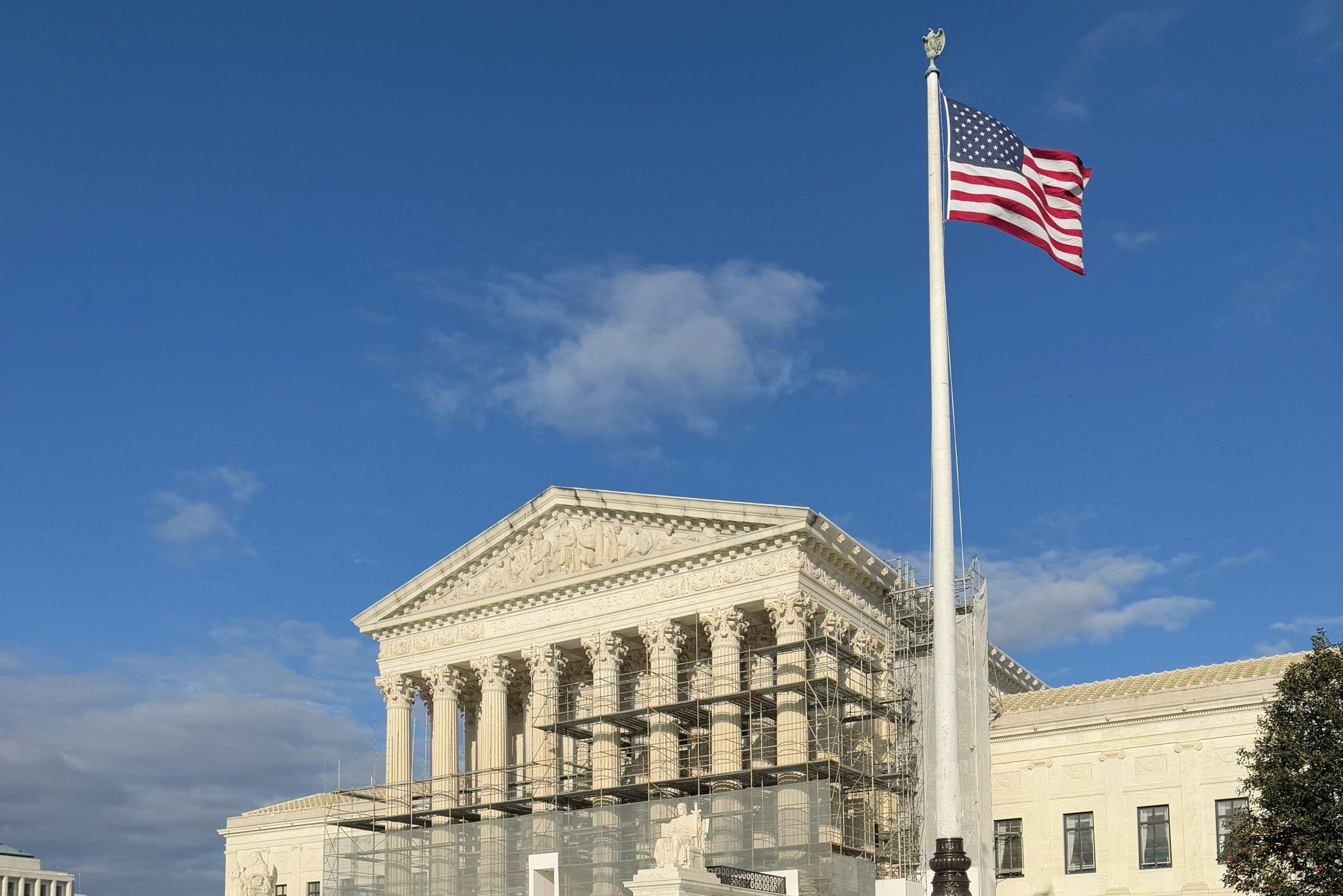Trump asks Supreme Court to allow ban on transgender service members from the military
The Trump administration came to the Supreme Court on Thursday morning, asking the justices to allow it to enforce a 2025 Department of Defense policy prohibiting individuals who are transgender […] The post Trump asks Supreme Court to allow ban on transgender service members from the military appeared first on SCOTUSblog.
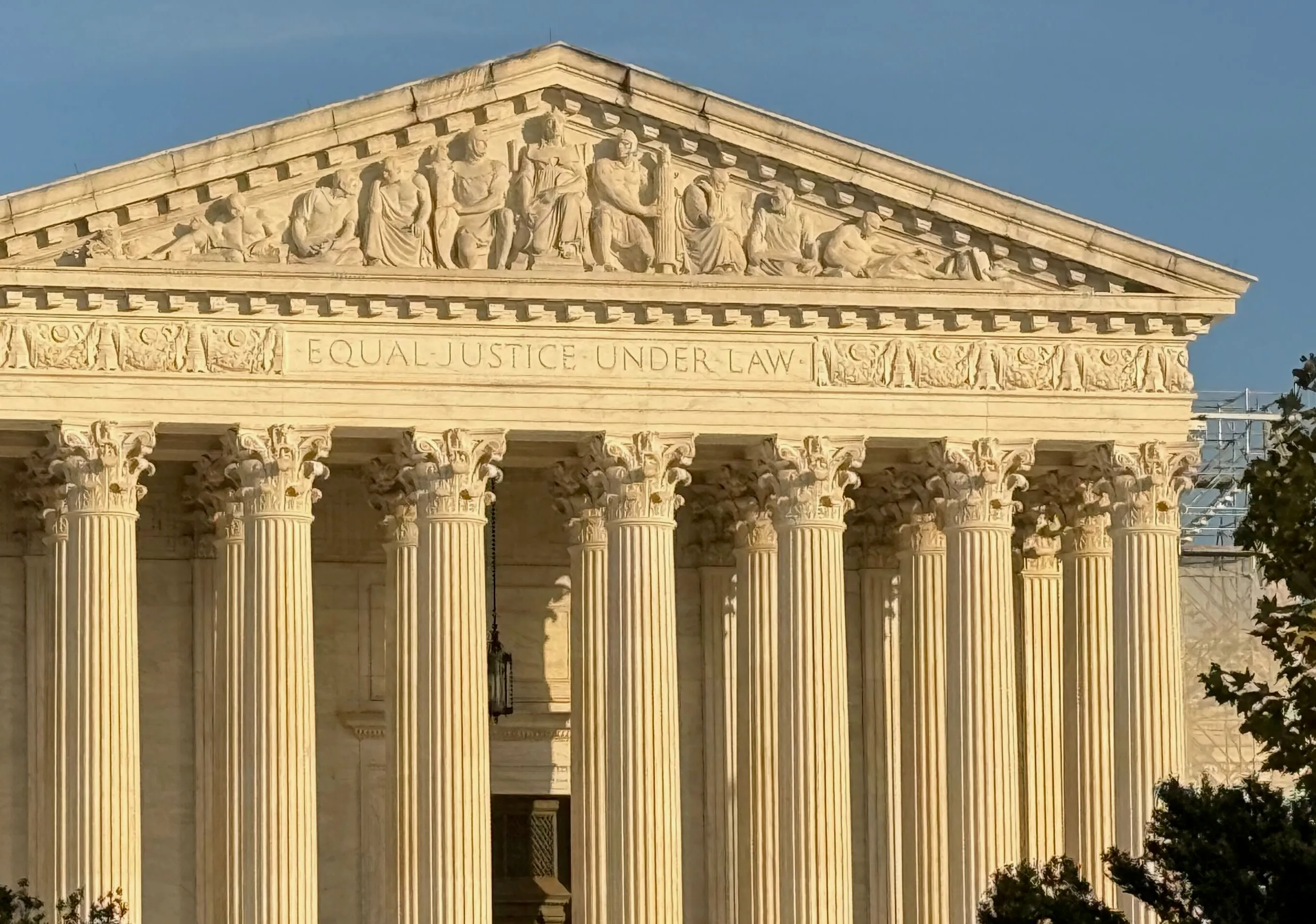
The Trump administration came to the Supreme Court on Thursday morning, asking the justices to allow it to enforce a 2025 Department of Defense policy prohibiting individuals who are transgender from serving in the U.S. military. On March 27, U.S. District Judge Benjamin Settle prohibited the government from enforcing its policy anywhere in the United States.
Shortly after U.S. Solicitor General D. John Sauer filed his request with the court, the justices instructed lawyers representing the challengers to file their response by Thursday, May 1, at 5 p.m.
On Jan. 20, President Donald Trump issued an executive order that revoked an order by then-President Joe Biden that had allowed transgender members of the armed forces to serve openly. Soon after that, Trump issued another order that required Secretary of Defense Pete Hegseth to implement a ban on “individuals with gender dysphoria” – that is, psychological distress caused by a conflict between the sex someone is assigned at birth and that person’s gender identity.
In February, the Department of Defense issued a policy that, subject to narrow exceptions, disqualifies anyone who has gender dysphoria or has undergone medical interventions to treat gender dysphoria from serving in the military.
The individual plaintiffs are seven current members of the armed forces, all of whom are transgender, and a transgender person who would like to join the military. The lead plaintiff, Commander Emily Shilling, has been a naval aviator for 19 years, during which she has flown more than 60 combat missions and was a Navy test pilot. She contends that the Navy has spent $20 million on her training. She transitioned beginning in the fall of 2021.
The plaintiffs went to federal court to challenge that policy, arguing that it violated (among other things) the Constitution’s guarantee of equal protection.
Settle agreed with them, calling the policy a “de facto blanket prohibition on transgender service.”
The U.S. Court of Appeals for the 9th Circuit declined to put the district court’s order on hold while the government appealed.
Contending that Settle’s order had appropriated the executive branch’s “authority to determine who may serve in the Nation’s armed forces,” Sauer on Thursday asked the justices to put Settle’s order on hold while the litigation continues in the court of appeals and (if necessary) the Supreme Court.
Sauer emphasized that during the first Trump administration, an expert panel had concluded that allowing individuals with gender dysphoria to serve in the armed forces would be “contrary to ‘military effectiveness and lethality.’” And although the Supreme Court has made clear that “professional military judgments about the composition of the armed forces should be given ‘great deference,’” Sauer stressed, Settle nonetheless barred the government from implementing the 2025 policy anywhere in the United States.
The policy, Sauer explained, simply draws distinctions based on a medical condition, gender dysphoria, and treatments related to that condition, rather than gender identity. It is therefore subject to the least stringent constitutional test, known as rational-basis review. And it can easily meet that standard: The government, Sauer wrote, “has undisputedly important interests in maintaining military readiness, cohesion, good order, and discipline, as well as in managing the military’s costs” – and the policy is rationally related to achieving those interests.
Moreover, Sauer continued, in 2019, the Supreme Court had allowed the first Trump administration to enforce a policy “materially indistinguishable from the one at issue here.”
Sauer continued the Trump administration’s campaign against so-called “universal” or nationwide injunctions, arguing (among other things) that they exceed the power of federal courts by effectively authorizing those courts to supervise the acts of another branch of government. More broadly, Sauer added, they “cause significant harm to the government” – by, for example, encouraging forum-shopping and requiring the government to immediately appeal each decision against it. “At minimum,” Sauer concluded, the Supreme Court should narrow the scope of Settle’s order so that it “blocks the implementation of the 2025 policy only as to the eight individual respondents in this case.”
The post Trump asks Supreme Court to allow ban on transgender service members from the military appeared first on SCOTUSblog.










































































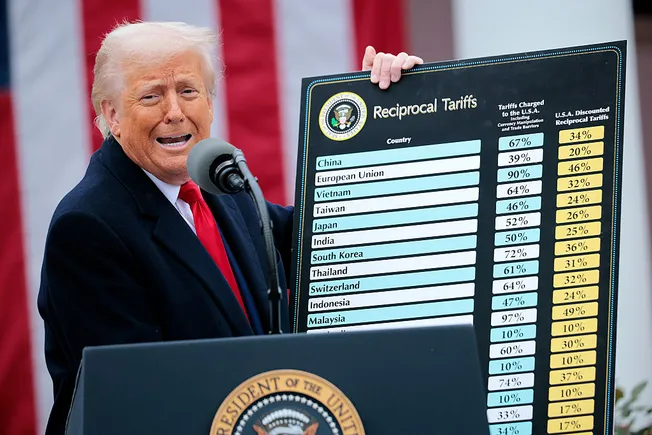
















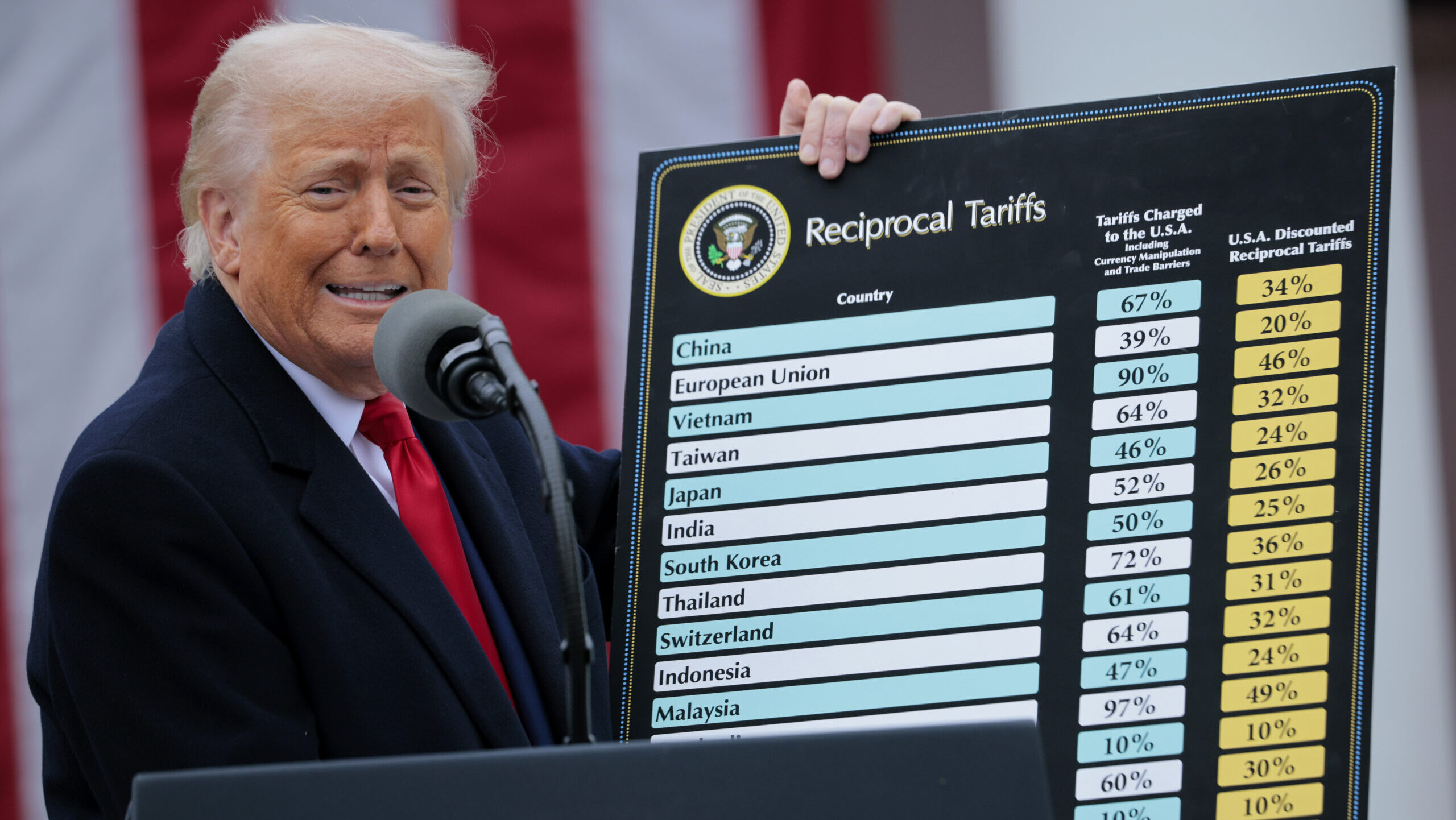





























































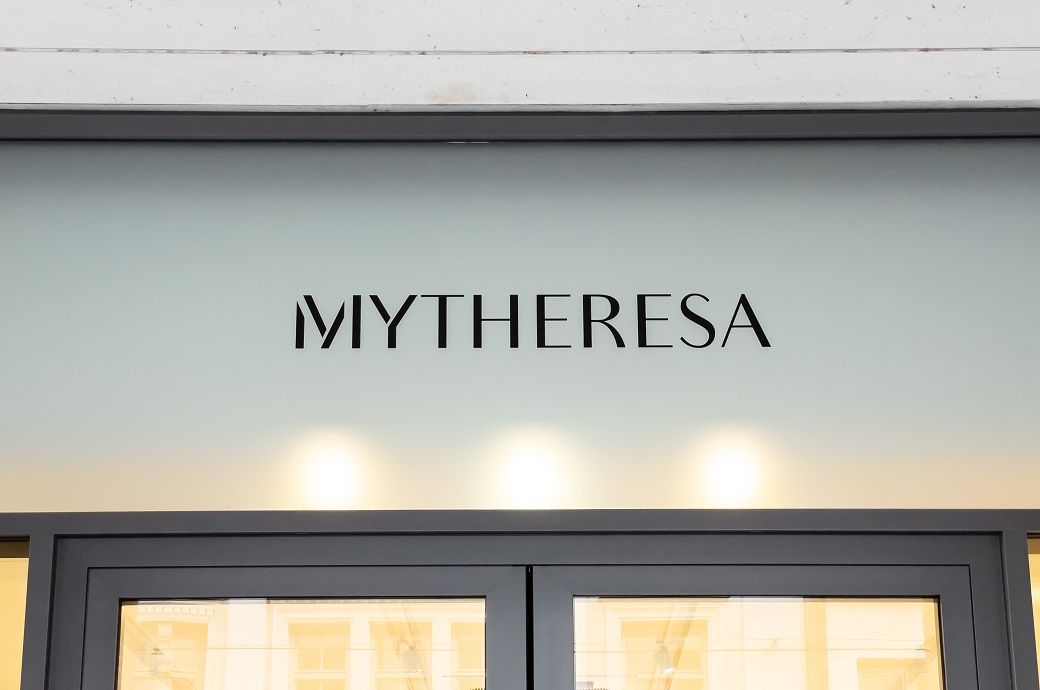







.jpg)


